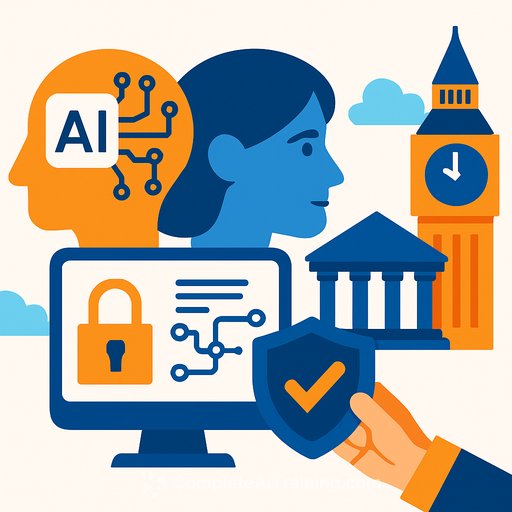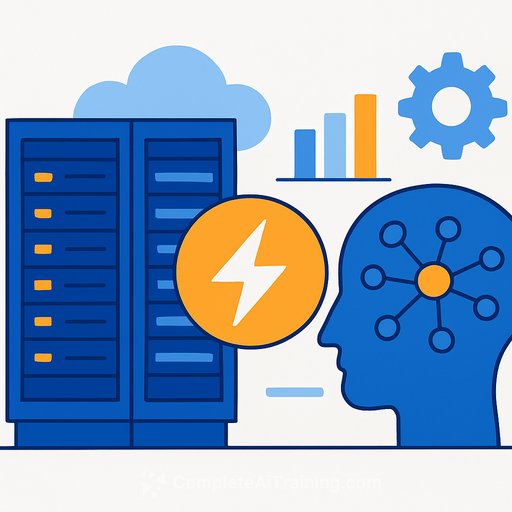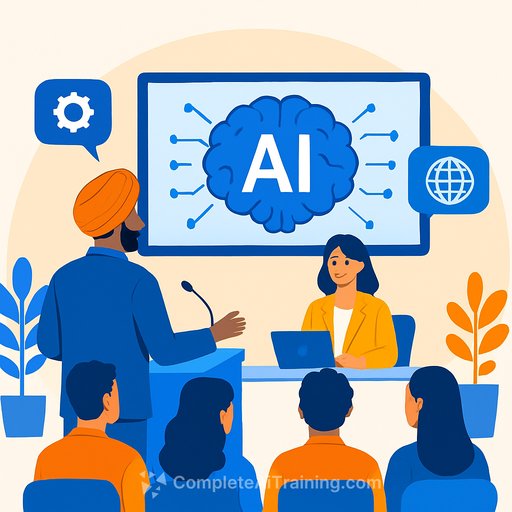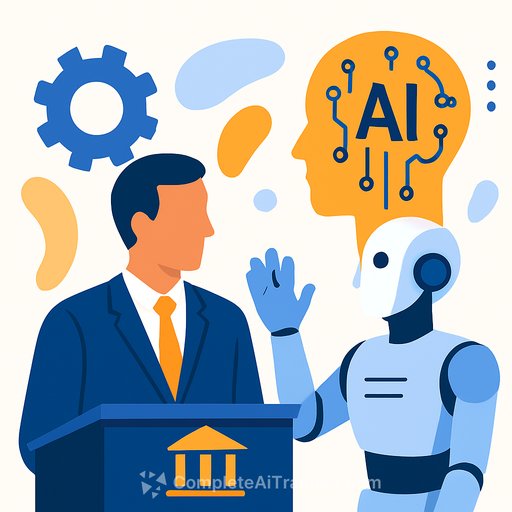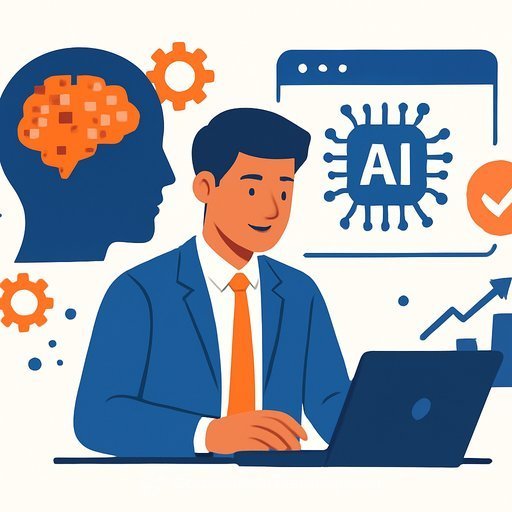UK Government Should Adopt Open Source for AI
As AI use grows in the UK public sector, the call for a shift from proprietary to open source software is gaining momentum. The current reliance on closed, “black box” AI systems limits transparency and raises concerns about trust, ethics, and accountability in government decision-making.
Why Closed AI Systems Are Problematic
Many government departments currently use proprietary AI solutions that offer little insight into how decisions are made. These systems hide the data they’re trained on and the logic behind their outputs, making it impossible to audit or fully understand their biases.
This lack of transparency poses a real risk to public trust. When policies affect people's lives—whether in healthcare, education, or benefits—there must be clarity on how those decisions come about. Without it, citizens may rightly question the fairness and legitimacy of AI-driven outcomes.
The Freedom of Information Challenge
Another looming issue is the administrative strain caused by Freedom of Information (FOI) requests. When AI influences decisions like council tax calculations, government staff currently have no straightforward way to provide clear explanations or code logic behind those decisions.
This situation could lead to a flood of FOI requests that are costly and difficult to answer due to the opaque nature of closed AI models. The solution is to use open source AI, where code, models, and training data are accessible and explainable, allowing civil servants to respond efficiently and maintain public confidence.
Aligning AI with UK Values
AI models trained outside the UK often reflect different societal values. For example, AI trained on American data might approach issues like school safety in ways that don’t fit UK norms. Using open source AI allows government to tailor models to local contexts, ensuring policies reflect national priorities and ethical standards.
Barriers to Open Source Adoption
The main obstacle to open source AI in government is a lack of awareness among senior decision-makers about its benefits. Many departments are stuck in “pilotitis,” running numerous small-scale AI experiments with proprietary tools that rarely move into production. This approach wastes resources and misses the chance to build scalable, trustworthy AI solutions.
Past government successes like GOV.UK show that open, collaborative platforms can deliver efficient, citizen-centered services. AI should be developed with the same principles of transparency and cooperation.
Examples and Benefits of Open Source AI
- The Ministry of Defence’s D2X platform and the Department for Work and Pensions’ automation efforts during the Covid-19 pandemic demonstrate how open source technologies support critical infrastructure.
- Open source AI projects like VLM deliver much higher throughput—up to 24 times faster—while being more cost-effective and transparent than traditional models.
Open source doesn’t just improve trust; it can also boost performance and reduce operational costs.
A Call for Ethical AI Use
The focus should not be on avoiding AI but on adopting it responsibly. Governments must prioritize ethical, transparent AI practices that align with democratic values and public expectations.
Open source AI offers a clear path to trustworthy, scalable platforms that can support better public services without sacrificing accountability.
For government professionals interested in advancing their AI knowledge and skills, exploring courses on Complete AI Training can provide practical insights into ethical AI deployment and open source tools.
Your membership also unlocks:

